The Undeniable Value of Cracked Sunflower Seeds: The Champion of Bird Food
Easy-to-eat kernels boost energy, reduce mess, and draw diverse wildlife to your garden.
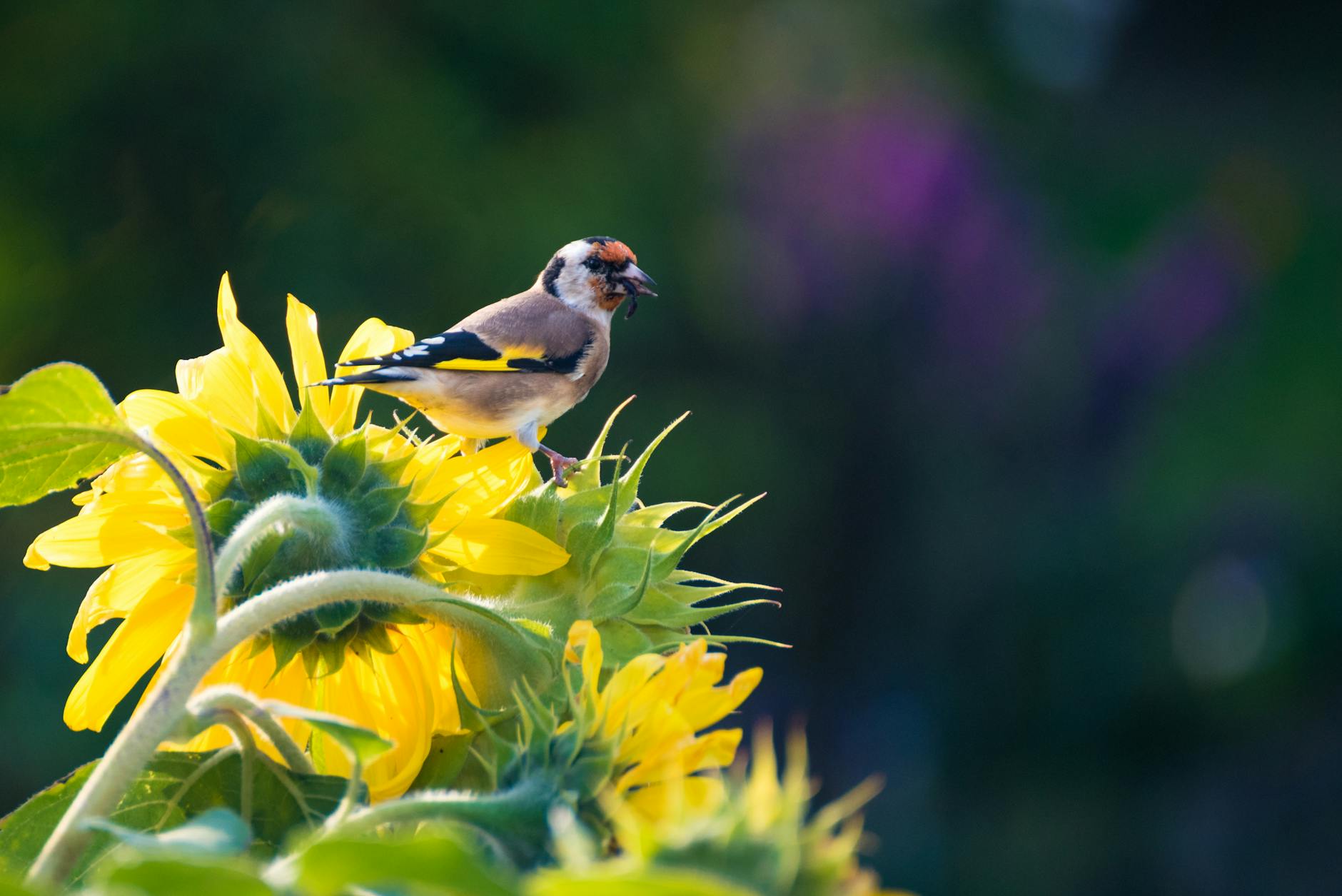
The Unmatched Appeal of Cracked Sunflower Seeds for Birds
The humble sunflower seed, particularly in its cracked form, stands as the undisputed champion of bird food. Whether you are an experienced birdwatcher, a casual backyard observer, or someone seeking to enhance the natural vibrancy of your garden, cracked sunflower seeds offer a nutritious, accessible, and universally adored treat for wild birds. Their convenience, high energy content, and versatility make them a central feature in gardens and feeders across the world.
Why Sunflower Seeds Are the Gold Standard
Sunflower seeds are widely recognized for their high nutritional value, offering birds a potent package of healthy fats, protein, vitamins, and minerals. Their high calorie content supports birds through the coldest winters, energetic breeding seasons, and long migrations. Sunflower seeds—a staple for many wild bird species—fulfill both dietary needs and behavioral enrichment for birds year-round.
- Nutritional Value: Loaded with fats, proteins, vitamins (such as E and B), and minerals (like calcium, potassium, and iron).
- Energy Source: The dense calorie profile gives birds the stamina for migration, nesting, and surviving harsh weather.
- Versatility: Suits diverse species—from finches and tits to woodpeckers and grosbeaks—making it a universal choice.
A Closer Look: Types of Sunflower Seeds
Not all sunflower seeds are created equal. When choosing seed for wild bird feeding, understanding the main varieties is key:
Black Oil Sunflower Seeds
Black oil sunflower seeds are the most prized by birds and bird enthusiasts alike. Their thin shell is easily cracked, even by small birds, and the kernel inside has a high oil content. This translates to more fats and energy per seed, which is especially vital during winter and migration.
- Suitable for a diverse selection of birds, including finches, sparrows, cardinals, and chickadees
- Easy to open for birds with both strong and weak bills
- High in calories, with a superior nutritional profile
Striped Sunflower Seeds
Striped sunflower seeds have a larger size and a tougher shell. These qualities make them challenging for smaller birds but ideal for larger species:
- Favored by jay species, woodpeckers, grosbeaks, and some pigeons
- The thicker shell can deter nuisance birds like house sparrows
- Still high in nutrition, though slightly less oil-rich than the black oil type
Shelled Sunflower Seeds (Sunflower Hearts & Chips)
Shelled sunflower seeds—often referred to as hearts or chips—are sunflower kernels that have been removed from their shells. This makes them extremely easy for birds to eat, with several advantages:
- No tough shell to crack open—perfect for small or soft-billed birds
- Reduces feeder mess (no discarded husks)
- Ideal for feeding baby birds during the nesting season
- Increases feeder visits and variety
Cracked sunflower seeds (what you get when whole seeds are broken into pieces) offer a similar advantage—they’re even easier to eat and reduce the hassle for birds who struggle with shells. Cracked seed is especially valuable for fledglings, older birds, and species that otherwise wouldn’t benefit from sunflower’s nutrition.
Why Cracked Sunflower Seeds Are the MVP Bird Food
The title of ‘MVP’ (Most Valuable Player) of bird foods belongs to cracked sunflower seeds for many good reasons. Their unique properties make them the top recommendation for backyard bird feeding:
- Accessibility: No tough shell means less effort per calorie consumed—critical for small, young, or soft-billed birds. This increases their survival and energy efficiency, especially during cold or stressful times.
- Reduced Waste: Cracked and shelled sunflower seeds produce minimal debris. Unlike whole-in-shell seeds, there’s no unsightly pile of husks accumulating beneath your feeders.
- Widespread Appeal: They attract an even wider range of species, including ground feeders who are often deterred by hard shells.
- Convenience: Easy to store, pour, and incorporate into blends with suet or other seeds.
By lowering the ‘entry barrier,’ cracked sunflower seeds also allow nestling birds and exhausted migrators easier access to vital nutrients.
Nutritional Overview: What’s Inside a Sunflower Seed?
Birds are drawn to sunflower seeds not just for convenience, but for the nutrient-dense punch they provide:
- Fats: Essential for energy storage and warmth, especially in winter climates.
- Protein: Supports growth, feather development, and muscle maintenance.
- Fiber: Promotes healthy digestion.
- Vitamins: Notably E and B-complex for immune support and metabolic health.
- Minerals: Calcium (bone strength), iron (blood health), and potassium (nerve and muscle function).
| Nutrient | Role in Bird Health | Common in Sunflower Seeds? |
|---|---|---|
| Fats (Mostly Unsaturated) | Energy, insulation, migration support | Yes (very high, especially black oil type) |
| Protein | Growth, feather/molting, tissue repair | Yes (about 20% by weight) |
| Vitamin E | Immune function, feather health | Yes |
| Potassium & Iron | Muscle function, blood health | Yes |
Because of this robust nutritional profile, sunflower seeds are often recommended as the baseline or central ingredient in high-quality bird food mixes.
Which Birds Love Sunflower Seeds?
Part of the magic of sunflower seeds, especially the cracked and shelled varieties, is their universal appeal. You can expect to see an array of both common and less frequently spotted species in your garden, including:
- Finches (chaffinch, goldfinch, house finch)
- Tits (great tit, blue tit, coal tit)
- Sparrows (house and tree sparrow)
- Cardinals
- Nuthatches
- Woodpeckers
- Jays and grosbeaks (particularly with striped seeds)
Even birds who typically feed on the ground, like dunnocks and robins, will be tempted by the easy meal that cracked seeds offer. During the breeding season, adults will gather shelled or cracked pieces to deliver to their young.
How to Feed Cracked Sunflower Seeds Effectively
To maximize the benefits and attraction potential of sunflower seeds in your garden, try these best practices:
- Use Clean Feeders: Regularly clean and sanitize feeders to prevent disease spread. Sunflower seeds’ oily residue can encourage mold if left unaddressed.
- Minimize Waste: Opt for shelled or cracked seed mixes to avoid a build-up of husks and mess below feeders.
- Choose Suitable Feeders: Tray feeders, tube feeders with large ports, or ground trays all work well for cracked seeds and attract a range of species.
- Keep It Fresh: Store seeds in airtight containers away from moisture. Sunflower seeds can go rancid if exposed to humidity, especially in warm months.
- Offer a Blend: Combine cracked sunflower seeds with other favorites such as millet, suet, or mealworms for balanced nutrition and to appeal to a broader range of birds.
Common Challenges (and Solutions)
- Mess and Sprouting: While cracked seeds reduce shell waste, spillage still happens. Sweep under feeders regularly and rotate their locations to avoid uneven lawn wear or unwanted sprouting.
- Squirrel Intrusion: Sunflower seeds, especially the cracked and shelled types, are tempting to squirrels. Try baffle guards, distance feeders from jump-off points, or dedicated squirrel-proof designs if this becomes an issue.
The Eco-Impact: Supporting More Than Just Birds
By offering cracked sunflower seeds, gardeners are not only nourishing birds, but cultivating a thriving and diverse backyard ecosystem. The presence of birds leads to natural pest control, pollination assistance, and an overall healthier landscape. Moreover, sunflower-seed feeding is linked with improved survival rates for resident birds, which supports regional biodiversity and even contributes to conservation efforts by boosting populations of threatened or declining songbirds.
Frequently Asked Questions (FAQs)
Q: Will cracked sunflower seeds attract nuisance birds or rodents?
A: While cracked sunflower seeds do draw a wide variety of wild birds, proper feeder placement and regular cleaning will help minimize attraction of unwanted pest species. Specialized feeders can keep out larger birds or rodents if necessary.
Q: Are sunflower seeds safe for all wild birds?
A: Yes. Sunflower seeds are non-toxic and suitable for almost all seed-eating wild birds. For very small or soft-billed species, opt for cracked or shelled types to make consumption easier.
Q: Can I feed birds only sunflower seeds, or should I offer variety?
A: While sunflower seeds can be a mainstay, offering a mix (such as with suet, millet, and mealworms) ensures birds get all necessary nutrients and encourages a wider variety of species.
Q: What’s the best storage method to keep sunflower seeds fresh?
A: Store seeds in a cool, dry, airtight container protected from moisture and insects. Periodically check for mold, odor, or clumping and discard spoiled seed as needed.
Q: Why are shelled or cracked seeds more expensive?
A: The additional processing (shell removal or cracking) increases convenience and nutritional accessibility, but does raise costs. Many bird enthusiasts find the benefits—reduced waste, less mess, greater species diversity—justify the higher price.
Final Thoughts: The Small Seed with the Biggest Impact
Cracked sunflower seeds embody the best of wild bird feeding, delivering convenience, nutrition, and universal appeal in every bite. By making these seeds a staple of your garden buffet, you support bird health, enliven your backyard, and contribute to the larger tapestry of urban and rural biodiversity. Easy to use, endlessly rewarding, and effective in every season—cracked sunflower seeds truly earn their title as the MVP of bird food.
References
- https://kennedywildbirdfood.co.uk/blog/how-sunflower-seeds-can-improve-your-birds-health/
- https://awesomewildlifeco.co.uk/blogs/help-advice/can-birds-eat-sunflower-seeds
- https://www.birdspot.co.uk/bird-food/feeding-sunflower-hearts-to-birds
- https://haiths.com/blogs/wildlife/shelled-vs-unshelled-sunflower-seeds-for-garden-birds
- https://www.allaboutbirds.org/news/types-of-bird-seed-a-quick-guide/
Read full bio of medha deb



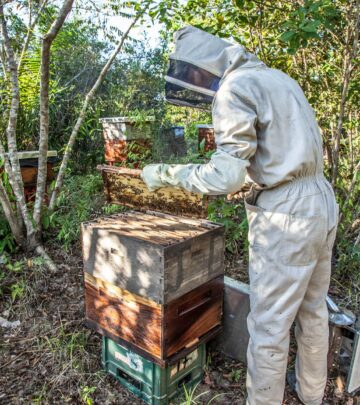
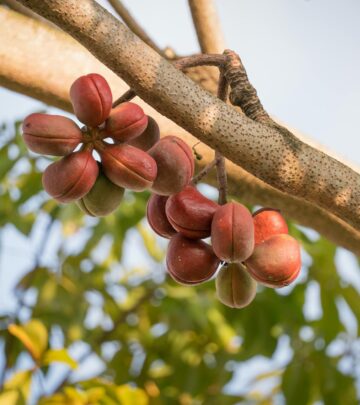
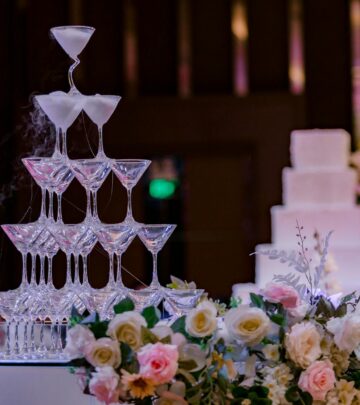
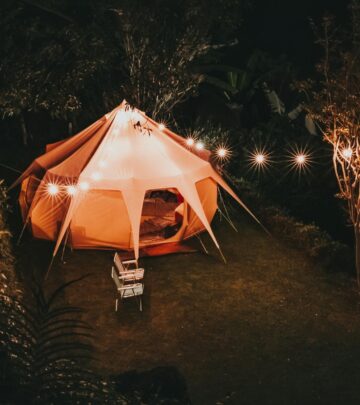
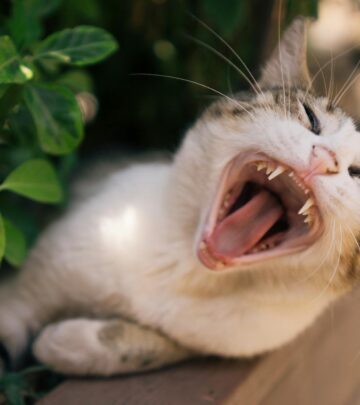
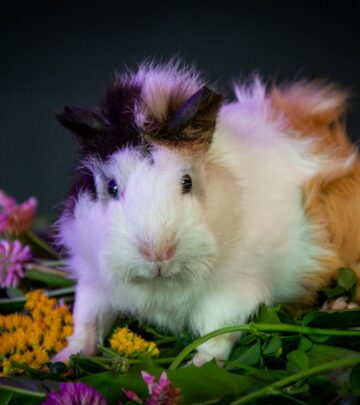
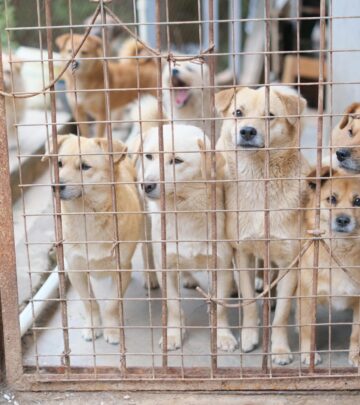
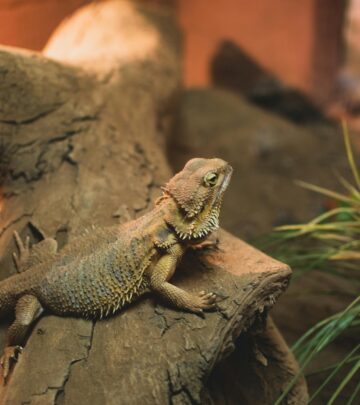

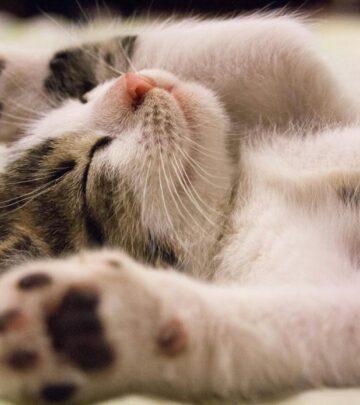
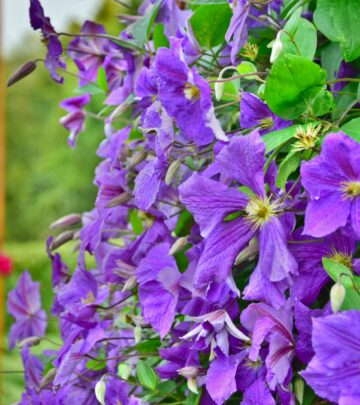

Community Experiences
Join the conversation and become a part of our empowering community! Share your stories, experiences, and insights to connect with other beauty, lifestyle, and health enthusiasts.